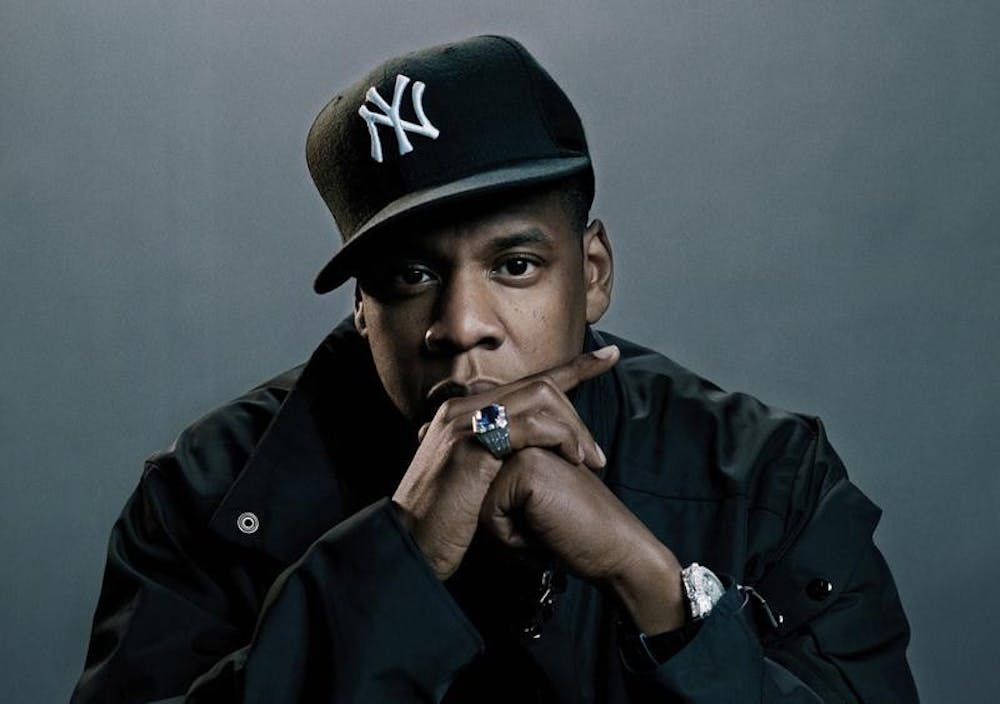“Welcome back hip-hop, I saved your life.”
From “Dr. Carter” on his “Tha Carter III,” personifying hip-hop from the music he loves into the genre he saved is one of Lil Wayne’s favorite tricks. But did this modern musical damsel really need saving? The debate about whether hip-hop is dead has raged for years, but the never-ending nature of the argument suggests the genre remains alive and kicking.
Traditionalists have difficulty coming to terms with new trends and styles, while young crowds are equally challenged when it comes to accessing Wu-Tang Clan or Nas.
The most noticeable changes in the music have come lyrically. Words were the essential element of rap when the coded allusions, street jargon and storytelling abilities of ’90s emcees such as Notorious B.I.G. dominated the landscape.
Beats seem to be today’s hip-hop hallmark. Production has always been an absolutely integral part of the genre, but the average modern listener is more and more interested in the catchiness and dance-ability of the song.
Jay-Z embodies this issue. Hova’s newest works stand in stark contrast to his “Reasonable Doubt” days. His songs are faster and more mainstream, and it’s been to his detriment. Even his lyrics are inherently diminished; the background he has as a crack dealer and self-made man of the streets fails to resonate with today’s generation.
Outkast was one of the earliest groups to see the writing on the wall, making the genre more accessible than it had ever been even early in the decade. Many of their lyrics were rooted in traditional hip-hop, but they were also off-the-wall in ways we hadn’t seen before. More importantly, they drew their influences from all ends of the spectrum.
Kanye West revitalized old sampling traditions while also exploring personal testimony as lyrical material in ways few had before. He even has ventured into experimental territory with “808s & Heartbreak,” a work Jay-Z said inspired him to do the same.
Whatever might be in store for hip-hop, its truest statesman, Jay-Z, has said it’s the genre’s job to challenge itself, citing influences such as Grizzly Bear and connecting with other communities as essential to its continued growth.
And while Lil Wayne might not have saved hip-hop, much of the burden of its future undeniably rests on the shoulders of artists such as him and Kanye, for better or for worse.
The state of hip-hop
A genre that’s no longer in need of saving

Get stories like this in your inbox
Subscribe





